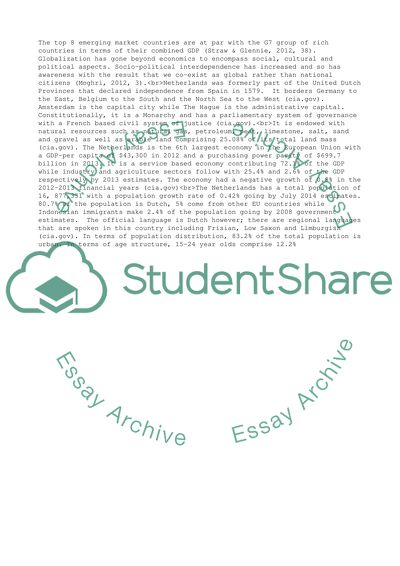Cite this document
(International management and ethics: comparison exercise exploring Essay, n.d.)
International management and ethics: comparison exercise exploring Essay. https://studentshare.org/business/1852368-international-management-and-ethics-comparison-exercise-exploring-theory-and-empirical-evidence-and-relating-this-to-a-practical-critical-incidents-in-cross-cultural-settings
International management and ethics: comparison exercise exploring Essay. https://studentshare.org/business/1852368-international-management-and-ethics-comparison-exercise-exploring-theory-and-empirical-evidence-and-relating-this-to-a-practical-critical-incidents-in-cross-cultural-settings
(International Management and Ethics: Comparison Exercise Exploring Essay)
International Management and Ethics: Comparison Exercise Exploring Essay. https://studentshare.org/business/1852368-international-management-and-ethics-comparison-exercise-exploring-theory-and-empirical-evidence-and-relating-this-to-a-practical-critical-incidents-in-cross-cultural-settings.
International Management and Ethics: Comparison Exercise Exploring Essay. https://studentshare.org/business/1852368-international-management-and-ethics-comparison-exercise-exploring-theory-and-empirical-evidence-and-relating-this-to-a-practical-critical-incidents-in-cross-cultural-settings.
“International Management and Ethics: Comparison Exercise Exploring Essay”. https://studentshare.org/business/1852368-international-management-and-ethics-comparison-exercise-exploring-theory-and-empirical-evidence-and-relating-this-to-a-practical-critical-incidents-in-cross-cultural-settings.


